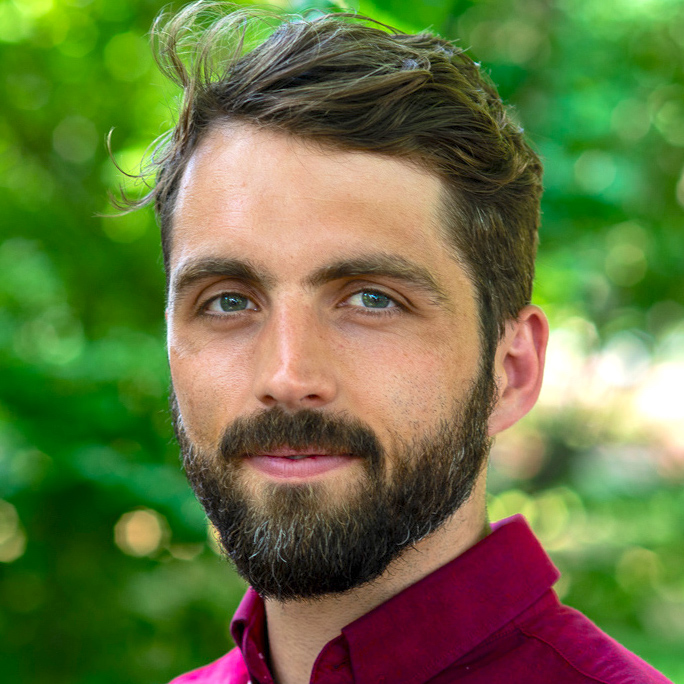PIT Leaders Tackle Climate Change
Climate Change
September, 2023

Author: Kip Dooley is the communications and events manager for PIT-UN, and edits the PIT UNiverse newsletter. A writer and educator by background, he is passionate about PIT & the Humanities, and helping others find their voice through writing.
For decades, environmental defenders and climate scientists have urged business and political leaders to take climate change seriously. This summer’s devastating wildfires and heat waves have increased the sense of urgency around the world. U.S. government investment in environmental technology and a climate tech investment boom in 2023 are both positive signals that people in power are finally putting real policy and capital behind efforts to mitigate climate change.
As public interest technologists, it is our responsibility to continually ask fundamental questions about new developments in technology – even when they seem, on their face, to be in service of the public interest. Technology has an important role to play in mitigating climate change, but how is this technology being developed? What is its end goal? And, crucially, whose voices, experiences and priorities will determine its development, deployment and governance? We must ask these questions if climate technology is to serve the needs of the many, not just a privileged few.
Researchers and educators from Public Interest Technology University Network (PIT-UN) are leading the way in asking these questions and in developing new systems and processes to create technologies that serve the needs of people and communities who will be most affected by climate change. Hailing from AI, data science, public policy and engineering, these PIT leaders are seeking input and partnership with rural communities, Indigenous communities, coastal communities and with people with disabilities, just to name a few.
AI and Climate Change
With support from PiTech at Cornell Tech, the nonprofit startup Climate Change AI (CCAI) is empowering a global, interdisciplinary community of public interest technologists bringing artificial intelligence and machine learning to bear on issues of climate change. Their programs include a series of workshops at leading machine learning conferences, a summer school that has trained over 6,000 practitioners from around the world and grants to seed projects with a focus on equity and climate justice. Founded in 2019 by researchers David Rolnick, Lynne Kaack and Priya Donti after publishing a landmark academic paper on climate change and machine learning, CCAI is evidence of how the infrastructure that PIT-UN has helped build in academia can lead to projects with real-world impact.
Data Science and Climate Change
At the Sewanee DataLab (University of the South), data scientists teach students and faculty from across disciplines how to conduct data-driven research projects, many of which focus on environmental concerns. Recently, DataLab partnered with University of the South biology professor Dr. Deborah McGrath to collect and analyze data on an artificial wetland, a promising wastewater treatment system, in the rural community of Sewanee, Tenn. Rural communities like Sewanee are often left out of innovative climate tech initiatives; the DataLab project with Dr. McGrath and the Sewanee Utility District provides real-time data on the effectiveness of its artificial wetland, and has already led to several important interventions.
Inclusive Climate Action Planning
As climate disasters increase in both number and intensity, more and more local and regional governments are creating or updating climate action plans, detailed policy frameworks for tracking and reducing greenhouse gas emissions, and making adaptations to a changing climate. These frameworks often set the agenda for how technology is developed and deployed in service of responding to climate change; as always, we have to ask whose voice is at the table, and who is being left out. At the University of Michigan, researchers and graduate students partnered this year with Detroit Disability Power on a report that maps risks and makes recommendations for bringing People with Disabilities (PWD) into climate action planning. Without a plan for how to respond to the life-threatening challenges that climate change poses to PWD, we run the risk of allowing historical inequalities to define who has a right to safety and wellbeing in an age of climate disruption.
Finding Your Place in PIT + Climate Change
Climate change and its rolling crises are undoubtedly overwhelming, especially for those of us who don’t have a directly applicable skillset like environmental science. But reviewing these projects and interviewing PIT-UN members from across disciplines about their work on climate change has made it clear to me that everyone has a role to play. As Professor Carlos Genatios points out in his Q&A, there are countless worthwhile efforts underway that we can all contribute to, whether we come from communications, fundraising, program management, administration, finance, or any other field. And if you’re like me and come to PIT from the Humanities, be sure to check out Timothy Beal’s piece on cultivating a capacity he calls “earth creatureliness.”
There is a place for everyone in PIT + Climate Change, and I hope this edition of the newsletter inspires you to go find it.
